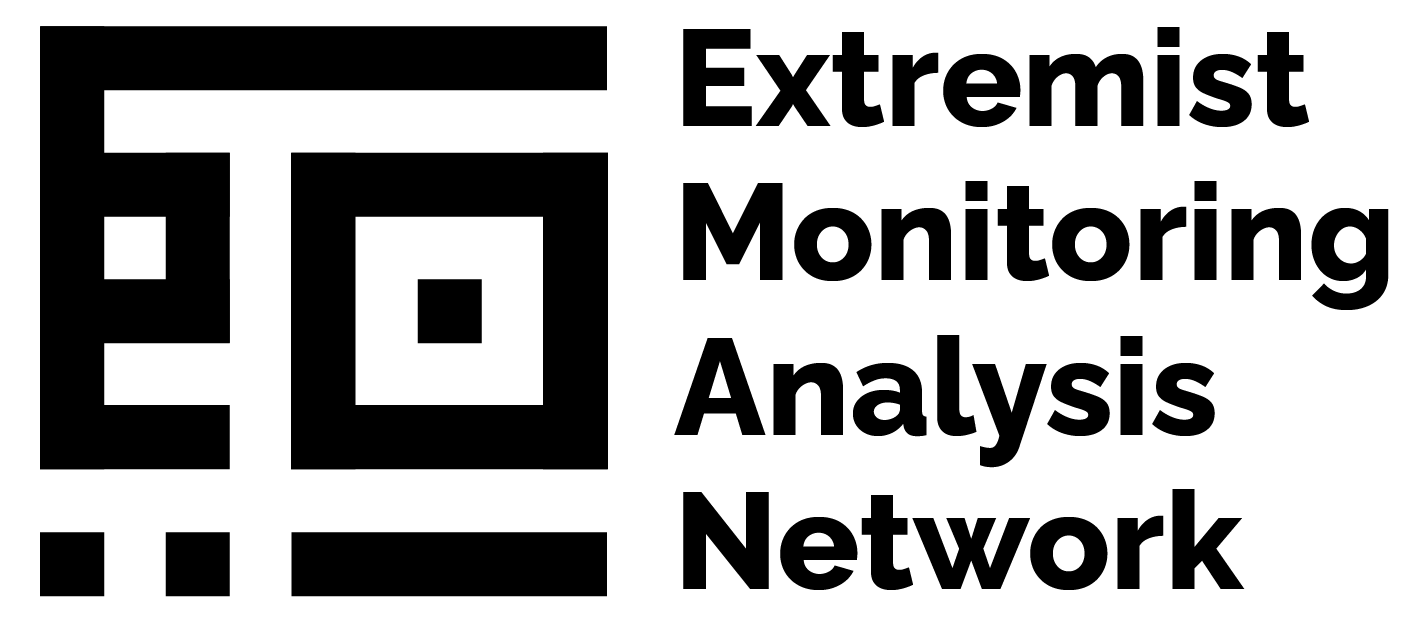Dansk Folkeparti (Danish People’s Party)
Type: Danish nationalist and right-wing populist political party in Denmark.
Affiliations: Nordic Freedom (right-wing populist party)
Organisational Ideology: Danish nationalism/National conservatism/Right-wing populism/Euroscepticism
Founded: 6 October 1995
Founder: Pia Kjærsgaard (link to profile)
Key Members: Morten Messerschmidt and Peter Skaarup, in addition to other MPs and former spokespersons.
Headquarters: Christiansborg, Copenhagen
Online Resources
Dansk Folkeparti (Official Website)
105K followers
1K followers
4.4K followers
23.6K followers
Overview
The Danish People’s Party was founded in October 1995, after Pia Kjærsgaard and Kristian Dahl resigned from the Progress Party. In June 1996, the right-wing populist party held its first national convention where Pia Kjærsgaard was decisively chosen as the party’s chairwoman until 2012 when she passed the leadership on to Kristian Dahl. The Progress Party’s “anarchistic circumstances” and its “all or nothing” principles prompted the formation of the DF.
This party was the first successful party in the Nordic countries to adopt a philosophical stance more closely aligned to the French Nouvelle Droite than the previous right-wing populist parties. It was a movement combining several currents: The Lutheran movement and its journal Tidehverv, a nationalist intellectual movement from the Danish Association (Den Danske Forening) and conservative populists from the Progress Party.
Since its founding, the party has grown in popularity. In the 2007 parliamentary elections, DF managed to secure 25 seats in the 179-member Folketing, making it the third most popular party in Denmark. The party’s popularity peaked in 2014/2015, when it won a landslide victory in the 2014 European Parliament election in Denmark, garnering 27 percent of the total votes as part of the European Conservatives and Reformists group. Following that, in the 2015 general election, the party received 21% of the votes, making it the second-largest party in Denmark for the first time.
However, the party suffered a catastrophic defeat in the 2019 elections, scoring its lowest performance since 1998. It received roughly 8.7% of the total votes and 16 seats, a net loss of 21 MPs from 2015; it finished third, slightly ahead of the Social Liberals. Similarly, in the 2021 Danish municipal elections, the party would lose more than half of its seats, losing 130 of the 221 it had before the election, receiving only 4.1 percent of the votes.
Among DF’s stated goals are to protect Danish freedom and heritage, including the family, the monarchy, and the Evangelical Lutheran Church of Denmark. Another is to prevent Denmark from becoming a multicultural society by limiting immigration and promoting cultural assimilation for admitted immigrants and to protect Danish sovereignty against the European Union.
Ties to Extremism
DF believes Denmark is not a naturally immigrant-friendly country. The party also opposes multiculturalism and does not accept the idea of multi-ethnic change in Denmark. DF’s founder and former leader, Pia Kjaersgaard, claimed that she does not want Denmark to be a multiethnic, multicultural country and that being so would be a “national calamity.” Additionally, the party advocates for a significant reduction in non-Western immigration and opposes and supports the cultural integration of immigrants of all faiths.
In 2010, the party supported putting a full halt to all non-Western immigration, especially from the Middle East and Africa. Together with the conservative-liberal coalition government, DF implemented many of its key demands, including strong restrictions on immigration, which have led to a set of immigration laws that are considered among Europe’s strictest.
In May 2015, the Danish People’s Party proposed a nationwide programme that would help Muslims leave Islam. According to the DF, Islamic religious differences are understood primarily as a clash of cultures between Western democracies and Muslim countries. Western culture is depicted as a positive bearer of progressive, open, egalitarian, and tolerant principles including democracy, gender equality, free speech, and the rule of law, whereas, Islam is portrayed as the backward carrier of archaic, primitive, dogmatic, and intolerant worldviews, particularly of society.
In May 2020, Pia Kjærsgaard attacked Somali and Lebanese immigrants in Denmark by claiming that ‘non-western foreigners, especially Arabs, came to Denmark with a savagery background that threatens the Danish culture, its heritage, and sovereignty - “not all immigrants from non-Western nations pose a threat to the country’s overall cohesion. It is not the Chinese, Thais, or Indians that are generating the difficulties. They come from a culture where people are expected to act appropriately, be modest, and take pleasure in not being a burden to society. On the other side, Somalis and Lebanese, for example, are the ones who are causing problems.”
Since mainstream political parties began embracing anti-immigrant views formerly reserved for the far right, a growing number of Danish Muslims claim they have endured verbal abuse, exclusion, and hate crimes. According to the National Integration Barometer issued in 2019, the percentage of immigrants from non-Western nations and their descendants who have faced prejudice because of their ethnic origin increased to 48 percent last year from 43 percent two years before, owing to aggressive anti-immigrant rhetoric.




